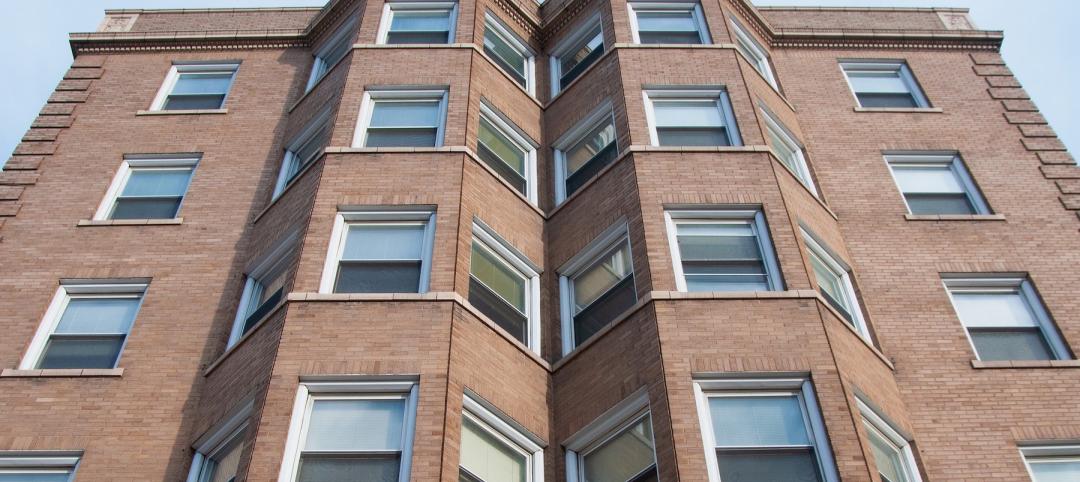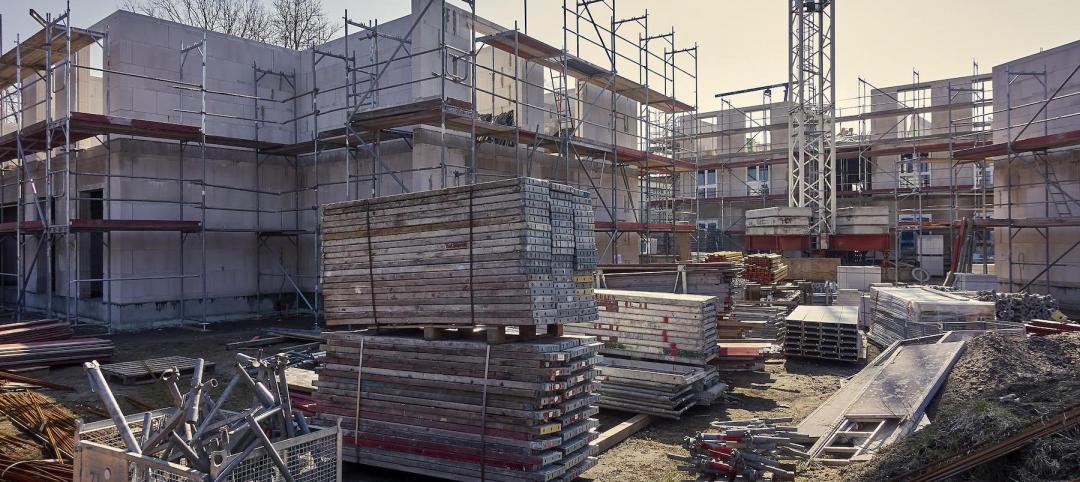The City Council of Cambridge, Mass., approved the Building Energy Usage and Disclosure Ordinance (BEUDO) that requires benchmarking and disclosure of building energy performance for large commercial, institutional, and multifamily buildings. Nine other U.S. cities—Austin, Boston, Chicago, Minneapolis, Philadelphia, New York City, Seattle, San Francisco, and Washington, D.C.—along with two states and one county have enacted similar laws.
Cambridge’s new ordinance addresses energy and water use in commercial and institutional buildings that are 25,000 sf or larger, along with multifamily buildings that have 50 or more units, and municipal buildings over 10,000 sf. Owners must annually benchmark and report their properties’ energy use, water use, and building information using the U.S. Environmental Protection Agency’s (EPA) Portfolio Manager tool.
The ordinance will be phased in for various building types and sizes, with municipal buildings reporting their data by the end of 2014. Starting in the second year of reporting, data collected will be disclosed annually through a public web site.
(http://www.imt.org/news/the-current/cambridge-mass.-passes-energy-benchmarking-ordinance)
Related Stories
Codes and Standards | Jun 2, 2022
New design guide for hybrid steel-mass timber frames released
The American Institute of Steel Construction (AISC) has released the first-ever set of U.S. recommendations for hybrid steel frames with mass timber floors, according to a news release.
Codes and Standards | Jun 1, 2022
HKS, U. of Texas Dallas partner on brain health study
HKS and The University of Texas at Dallas’ Center for BrainHealth are conducting a six-month study to improve the way the firm’s employees work, collaborate, and innovate, both individually and as an organization, according to a news release.
Mass Timber | May 31, 2022
Tall mass timber buildings number 139 worldwide
An audit of tall mass timber buildings turned up 139 such structures around the world either complete, under construction, or proposed.
Legislation | May 20, 2022
Arlington County, Virginia may legalize multifamily housing countywide
Arlington County, Va., a Washington, D.C.-area community, is considering proposed legislation that would remove zoning restrictions on multifamily housing up to eight units in size.
Codes and Standards | May 20, 2022
Wildfire threat score now available for all U.S. homes
The non-profit First Street Foundation has made publicly available a database that assesses the wildfire risk of all U.S. homes.
Coronavirus | May 20, 2022
Center for Green Schools says U.S. schools need more support to fight COVID-19
The Center for Green Schools at the U.S. Green Building Council released a new report detailing how school districts around the country have managed air quality within their buildings during the second year of the COVID-19 pandemic.
Regulations | May 20, 2022
Biden’s Clean Air in Buildings Challenge aims to reduce COVID-19 spread
The Biden Administration recently launched the Clean Air in Buildings Challenge that calls on all building owners and operators, schools, colleges and universities, and organizations to adopt strategies to improve indoor air quality in their buildings and reduce the spread of COVID-19.
Codes and Standards | May 19, 2022
JLL launches non-profit aiming to mitigate climate change
Real estate and investment management firm JLL recently launched JLL Foundation, a non-profit dedicated to making a long-term impact on environmental sustainability.
Biophilic Design | May 18, 2022
Horticulturalists conduct research study to understand the value of biophilic design
Benholm Group, horticulturalists that have pioneered the use of plants for interiors over the past 27 years, are collaborating on a research study to understand the value of biophilic design, according to a news release.
Building Team | May 17, 2022
MKA’s Embodied Carbon Action Plan will include reporting on carbon reductions for selected projects
Magnusson Klemencic Associates (MKA) recently released its SE 2050 Embodied Carbon Action Plan (ECAP) for 2022.

















